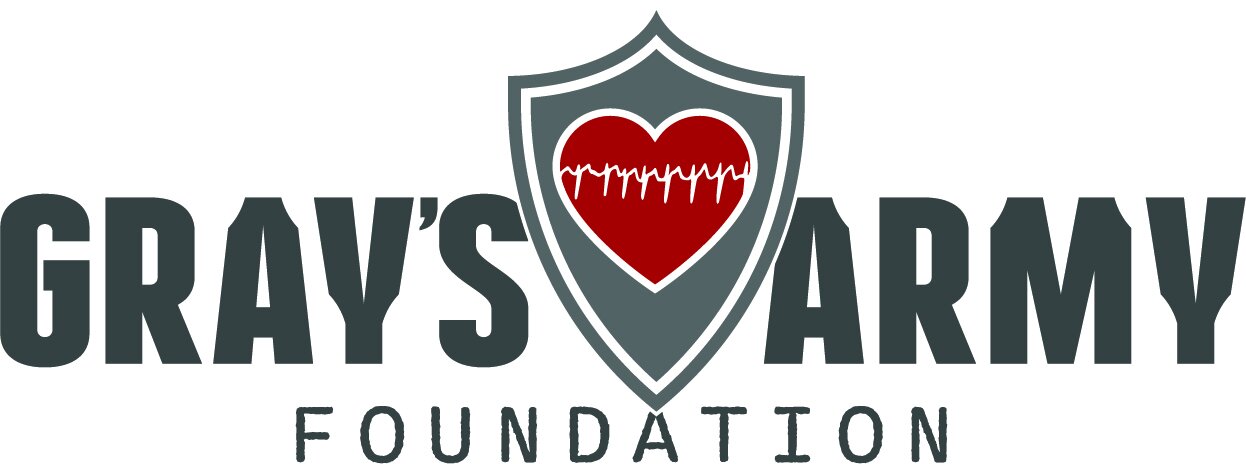FAQs
-
No. A heart attack is a blockage of blood flow to the heart. A heart attack victim is responsive and breathing. Think of this as problems with the heart’s plumbing.
Versus
Sudden cardiac arrest is when the heart suddenly stops beating due to an electrical disturbance. An SCA victim is unresponsive and NOT breathing. Think of this as a problem with the heart’s electrical signal.
Source: Parent Heart Watch -
As is with most medical conditions, a healthy lifestyle can reduce risks. This includes:
-Healthy diet
-Staying physically active
-Avoiding smoking and excessive alcohol consumption
-Managing chronic health conditions (i.e. diabetes)
-Knowing family history and discussing with your physician -
-Fainting (syncope) or seizure during or after physical activity
-Fainting or seizure resulting from emotional excitement, distress or startle
-Unexplained fainting or seizures
-Chest pain or discomfort during or after exertion
-Racing heartbeat, especially when the body is at rest
-Unusual shortness of breath
-Dizziness or lightheadedness during or after physical activity
-Unusual fatigue or tiredness
Source: Parent Heart Watch
*This information is purely educational and should not take place of medical advice. If you or someone is experiencing symptoms, please seek medical attention -
No and no.
-
Yes. Six weeks prior to his passing, Grayson experienced heart palpations, extreme fatigue, and dizziness. We have since learned that family history predisposed him to SCA. This is why it is important to know your family history. If you have anyone who has died before the age of 50 for unexplained reasons (i.e. unexplained drowning or car accident), this could put you at a higher risk.
-
AED stands for “automated external defibrillator.”
It is a medical device used to analyze the rhythm of a heart, and if necessary, deliver an electric shock through the chest to the heart to establish a normal rhythm.
AEDs are designed for general public use. CPR and the use of an AED can double or triple a person’s chance of survival.
On average, an AED costs around $1,200 - $2,850. -
Our hands-only CPR classes are free and can comfortably teach up to 15-18 students per class. Each class is approximately 45 minutes - 1 hour.
To inquire about scheduling, please email graysarmyfoundation@yahoo.com. In your email please include your location, class size and potential dates.**If you require BLS CPR, we do have two instructors on staff. In Louisiana, we offer BLS through the American Heart Association. In Arkansas, we offer AHA and Red Cross CPR instructional classes. For classes and pricing please call us at (225) 788-0021.
